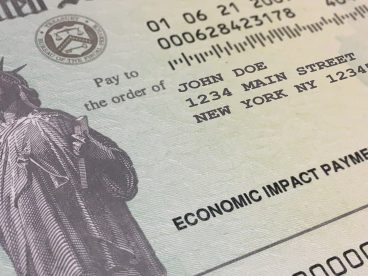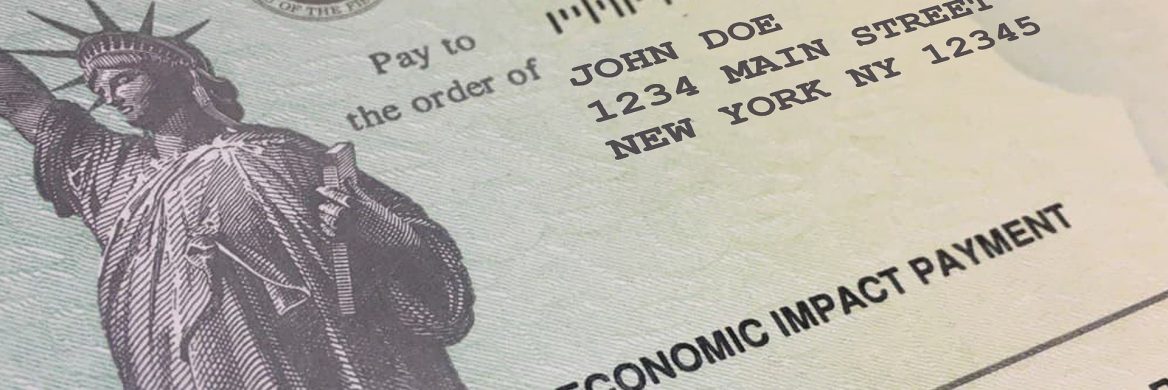By Christine Tran, 2021 Get It Back Campaign Intern
Last updated January 12, 2024
The IRS has issued all first, second, and third stimulus checks for COVID relief. Learn more about the first stimulus check and the second stimulus check.If you didn’t get your third stimulus check, it’s not too late! You will need to file a 2021 tax return by April 18, 2025. (The deadline to file a 2020 tax return to claim missed first and second stimulus checks was May 17, 2024.)
Visit GetYourRefund.org through October 1, 2024 to claim your third stimulus check this year.










